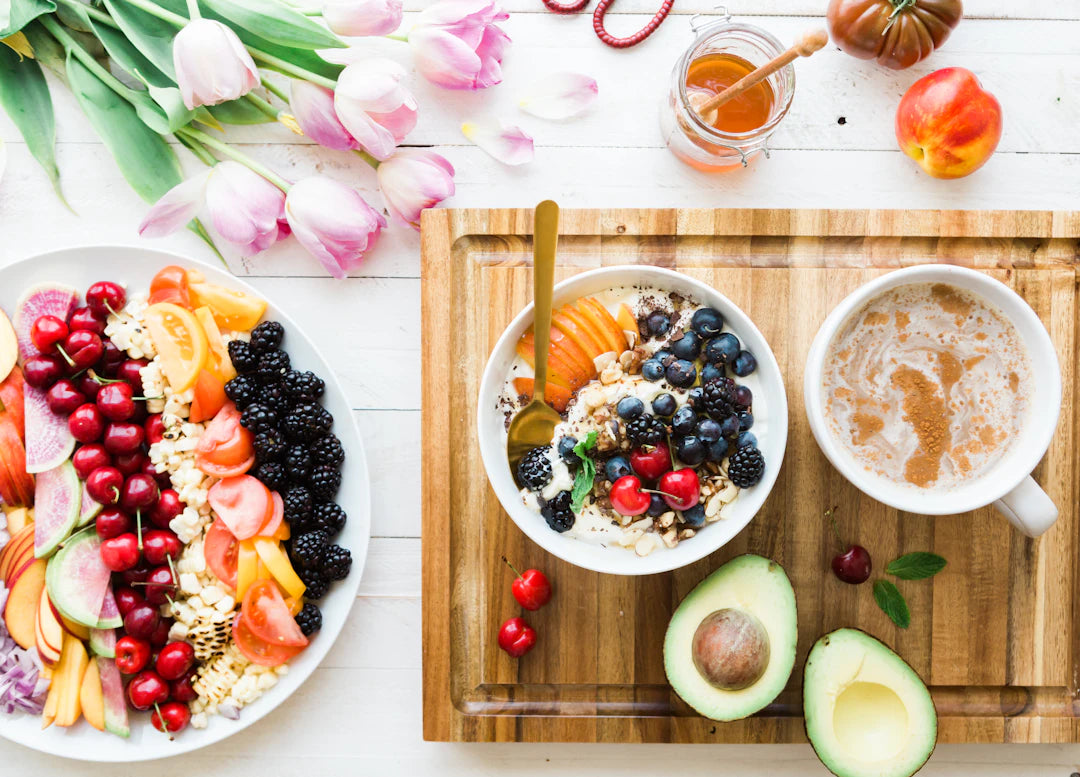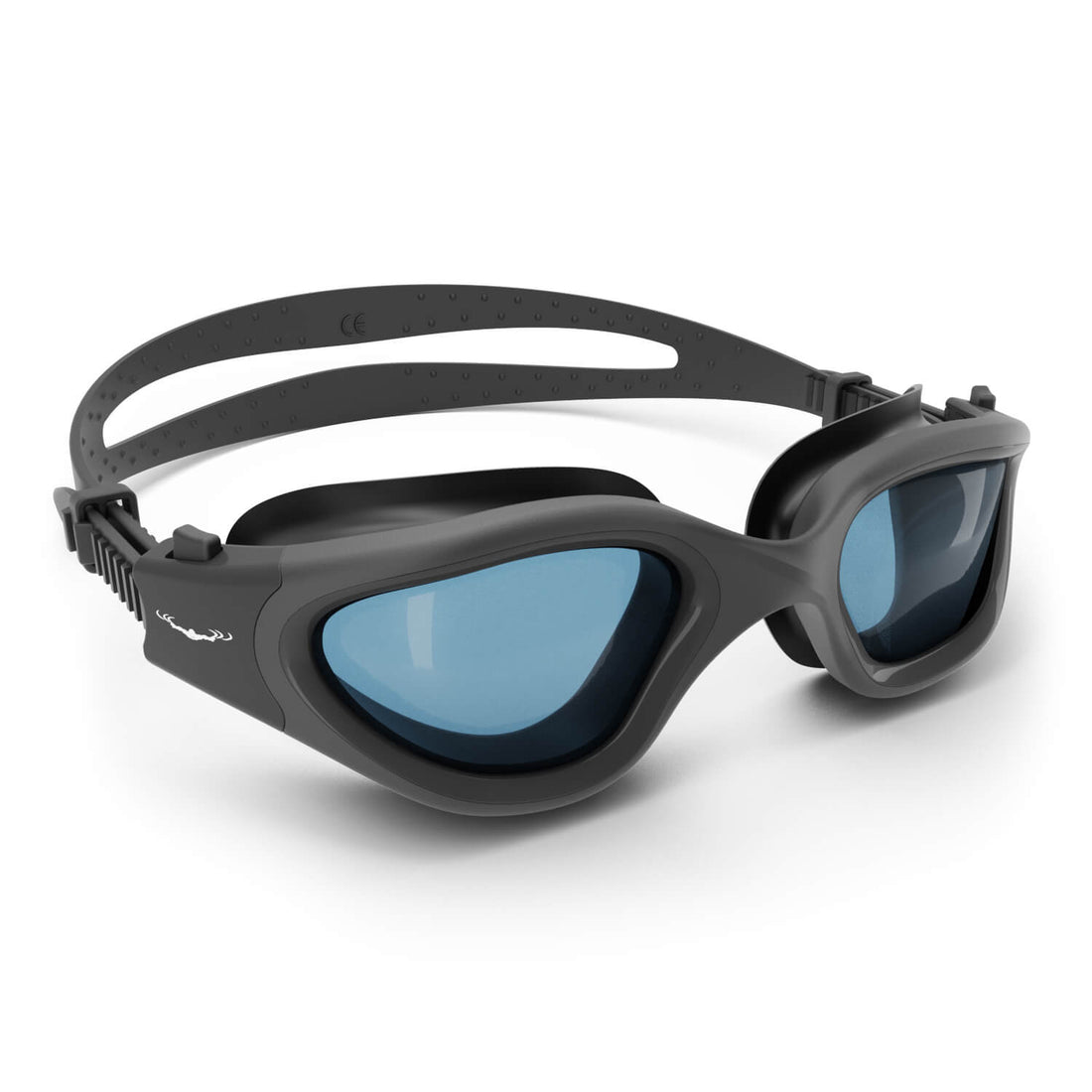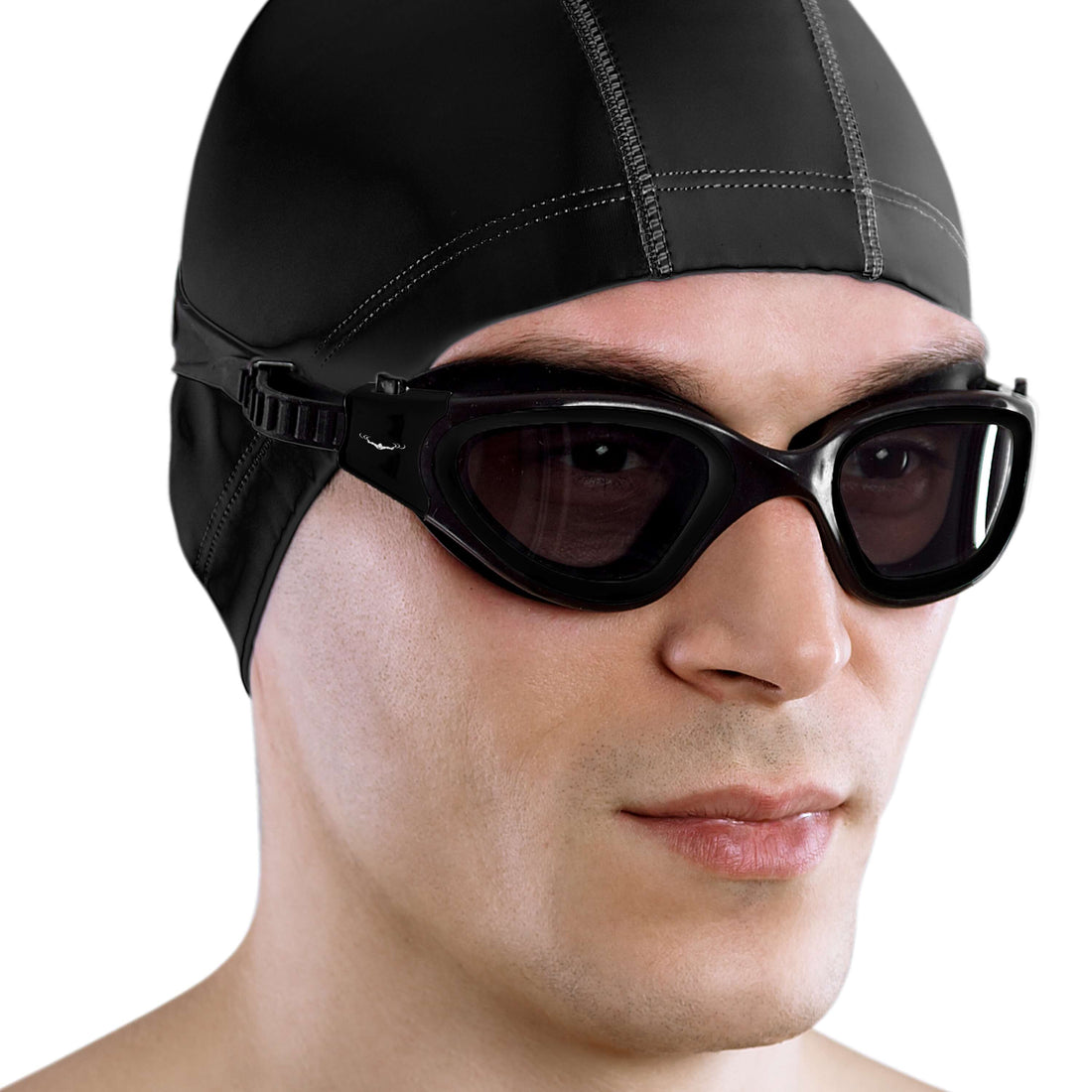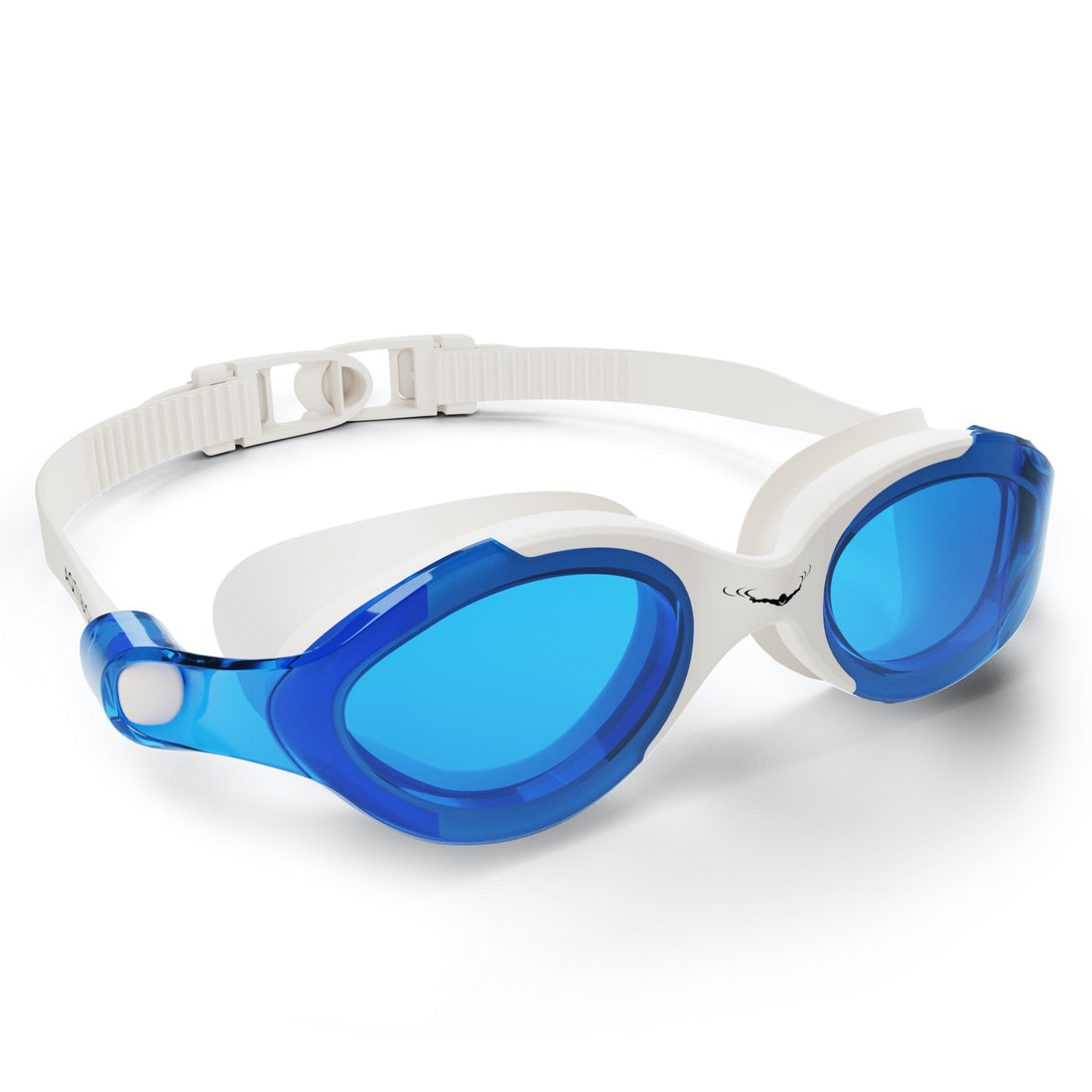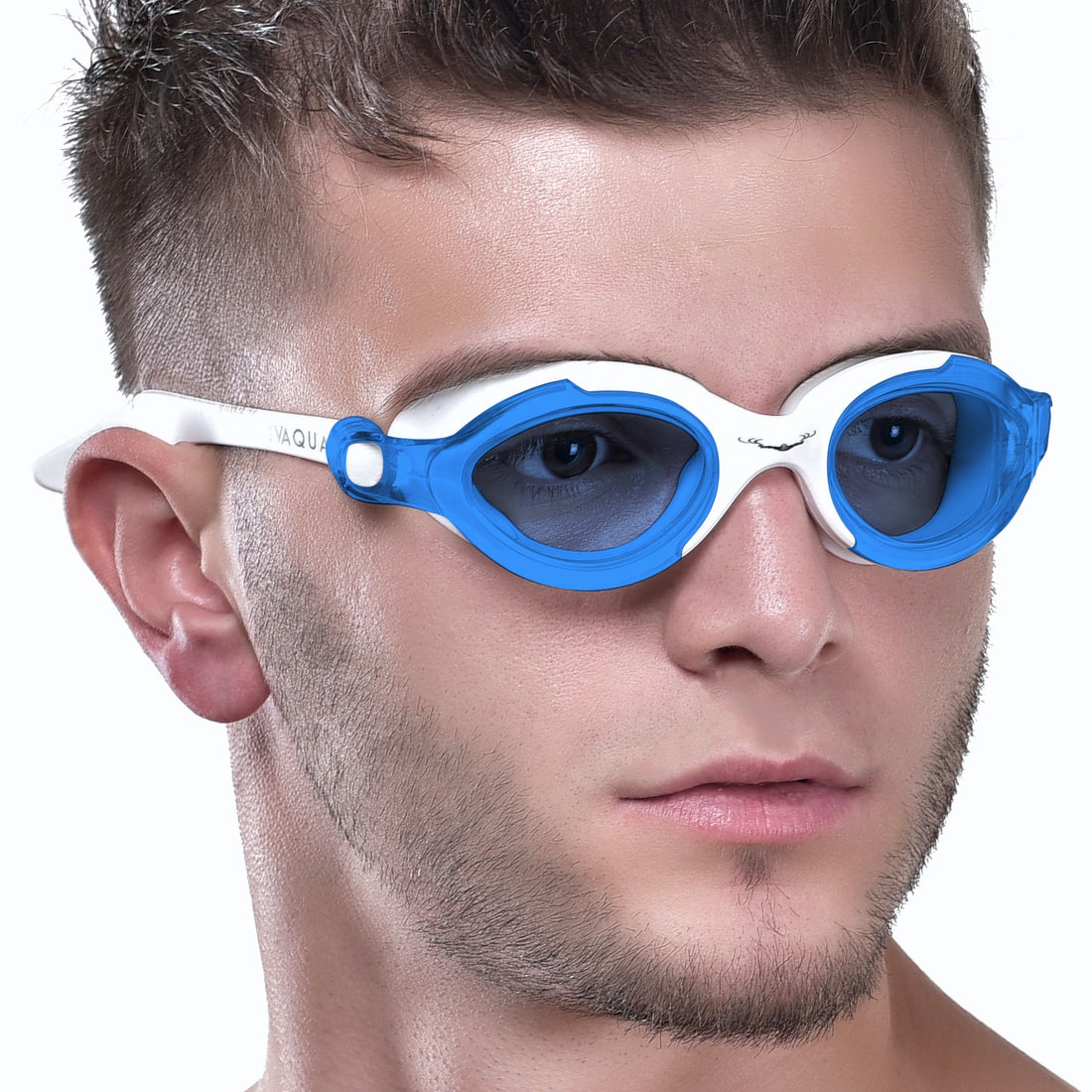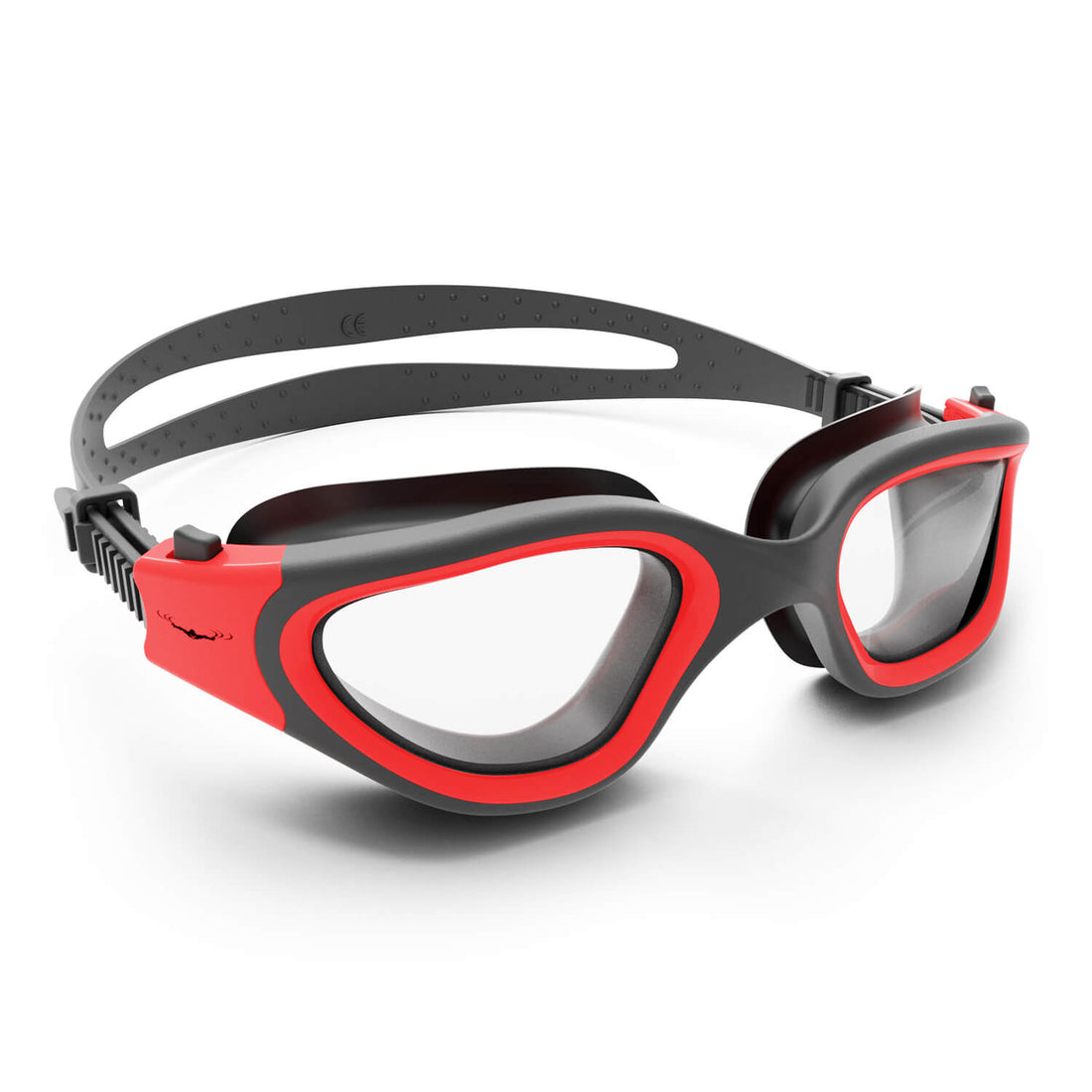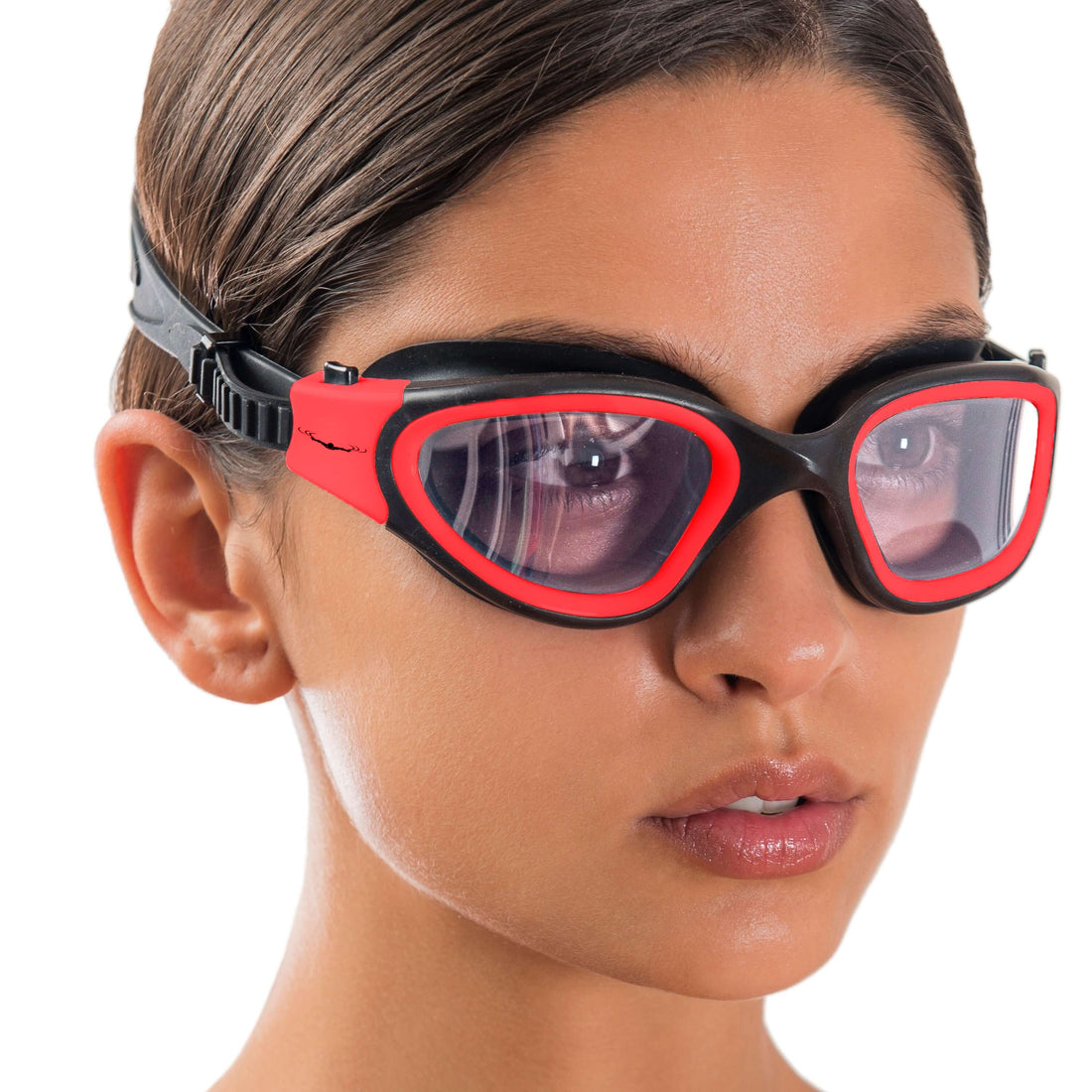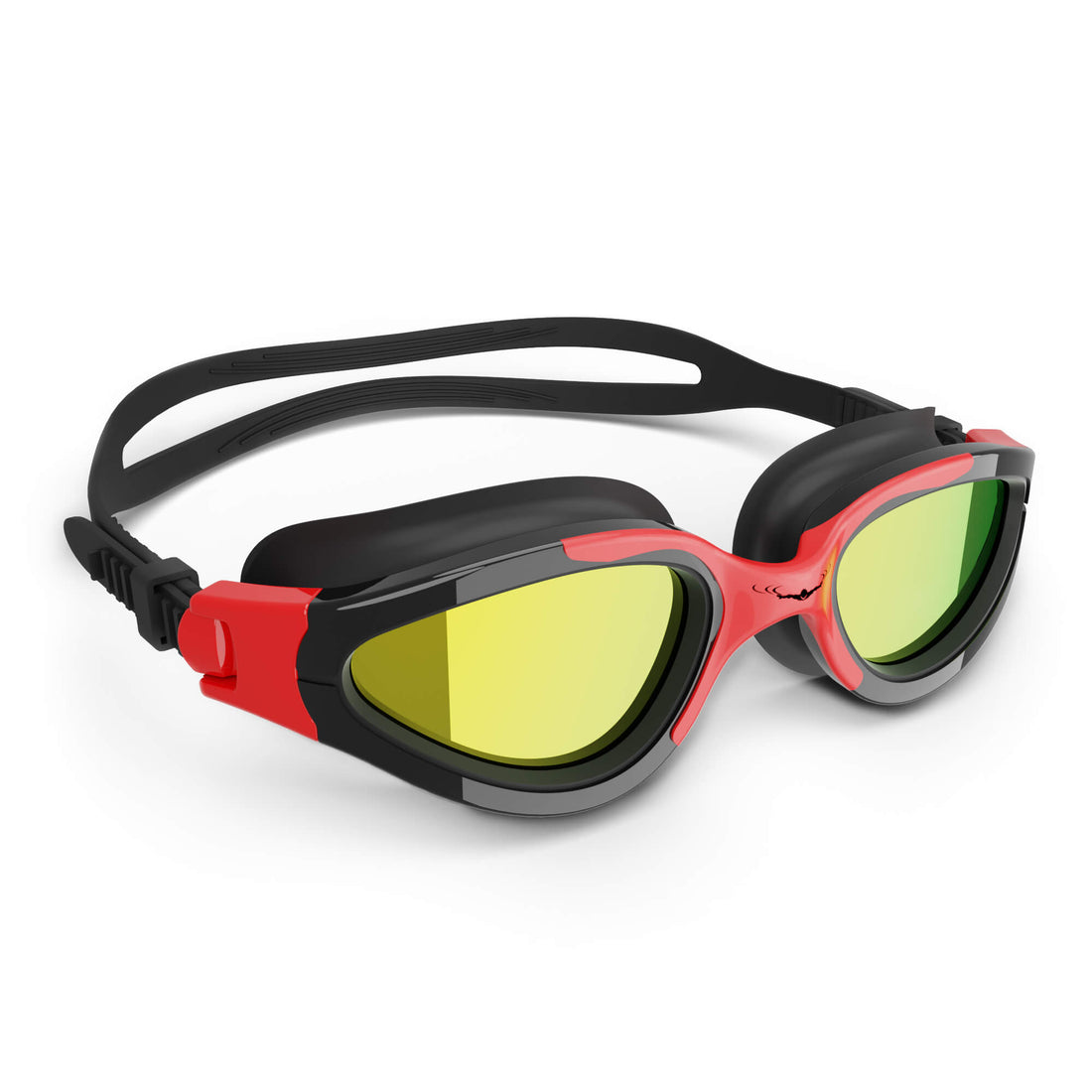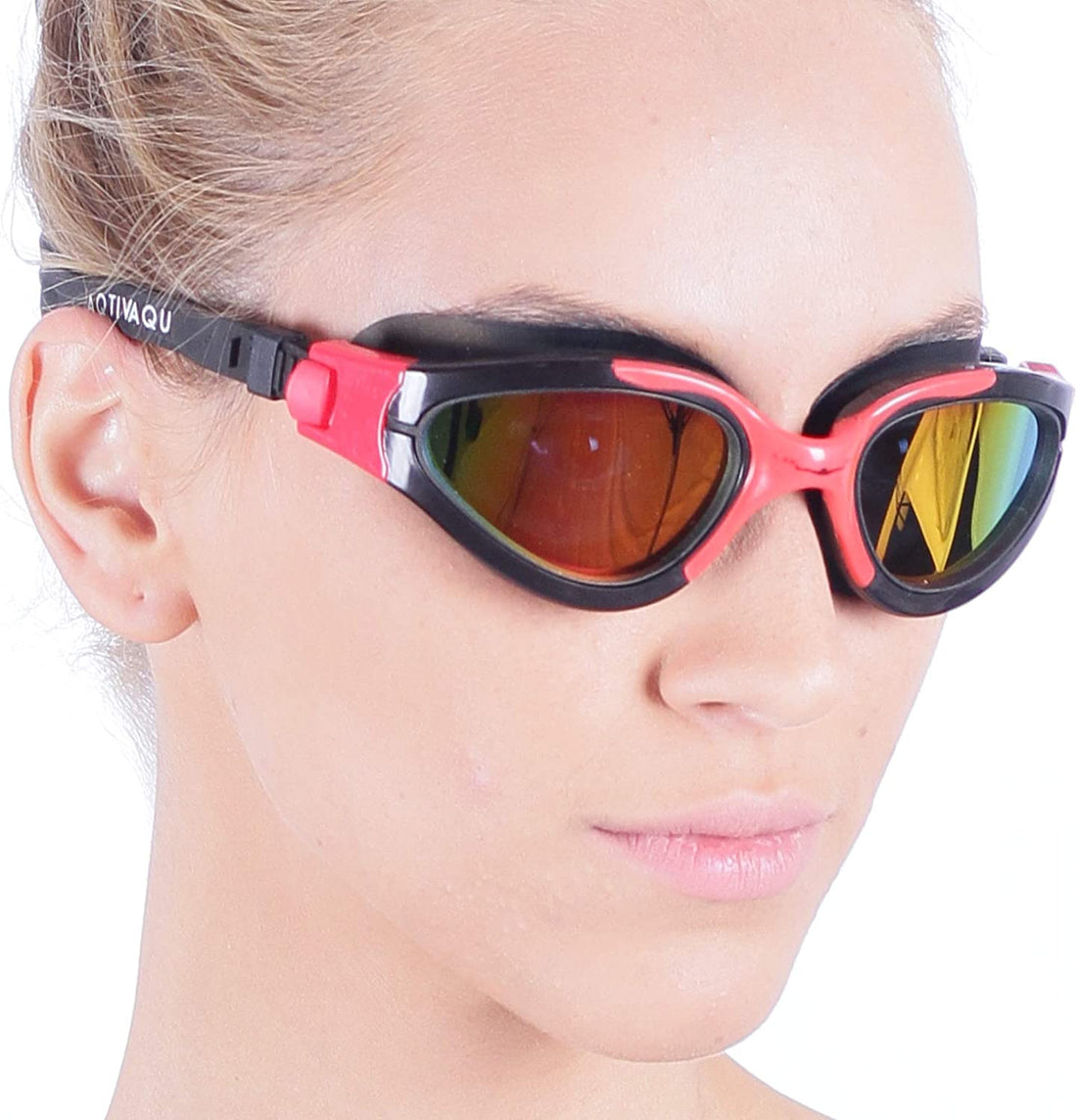Frequently Asked Questions
1. Why is swim nutrition important?
2. What are the key nutritional components for swimmers?
3. How should swimmers hydrate?
4. What should I eat before and after swimming?
5. Can supplements enhance swim performance?
Swimming is an intense sport that demands not only physical strength but also mental focus and endurance. To achieve peak performance in the water, athletes must understand the importance of swim nutrition. Whether you’re a recreational swimmer or an elite competitor, fueling your body correctly can significantly impact your speed, stamina, and recovery. In this article, we’ll dive deep into the essential elements of swim nutrition, exploring how to optimize your diet for better performance in the pool.
Why Swim Nutrition Matters
Much like a car needs fuel to operate efficiently, your body requires proper nutrition for optimal function, especially during demanding activities like swimming. Swim nutrition involves consuming the right balance of macronutrients—carbohydrates, proteins, and fats—to maintain energy levels, build muscle, and assist in recovery after workouts.
Proper nutrition not only enhances performance but can also reduce the risk of injuries. Inadequate fueling can lead to fatigue, which impacts form and technique. That's why understanding swim nutrition is crucial for every swimmer who wishes to see progress and maintain overall health.
Key Nutritional Components for Swimmers
To harness the full power of swim nutrition, it's vital to know the specific nutrients essential to support your swimming goals. Here’s a breakdown of each component:
Carbohydrates: The Primary Energy Source
Carbohydrates are vital for swimmers as they supply the energy needed for intense training. They are stored in the muscles and liver as glycogen, which is quickly used during swims. Your goal should be to consume high-quality carbohydrates, which include:
- Whole grains (brown rice, oats, quinoa)
- Fruits (bananas, berries, oranges)
- Vegetables (spinach, sweet potatoes, carrots)
- Pasta and legumes
As a rough guideline, swimmers should aim for 50-65% of their daily intake to come from carbohydrates, depending on the intensity and duration of their training regimen.
Proteins: Essential for Muscle Repair
Proteins play a crucial role in repairing tissues and building muscle. This is particularly important for swimmers, as the repetitive movements in swimming can result in muscle wear and tear. Opt for lean protein sources such as:
- Chicken and turkey
- Fish (especially fatty fish like salmon)
- Eggs and dairy (like milk, yogurt, and cheese)
- Plant-based options (tofu, beans, lentils)
Aim for protein intake to make up about 10-20% of your daily intake, adjusting based on your specific needs and activity levels.
Fats: The Fuel for Endurance
While carbohydrates might be your primary energy source, healthy fats are essential for long-distance swims and overall health. They aid in the absorption of certain vitamins and provide lasting energy for longer training sessions. Focus on healthy fats such as:
- Avocados
- Nuts and seeds
- Olive oil and coconut oil
- Fatty fish (also a good source of protein)
Healthy fats should comprise about 20-35% of your daily caloric intake. Remember, moderation is key, as fats are dense in calories.
The Importance of Hydration
Hydration is another crucial aspect of swim nutrition that often gets overlooked. Being in the water doesn’t mean you’re not sweating or losing fluids. Dehydration can lead to significant drops in performance.
Hydrate before, during, and after your training sessions. Here are some tips to help maintain hydration:
- Drink water regularly throughout the day.
- Consider electrolyte drinks after intense training sessions to replenish lost salts.
- Pay attention to your body's thirst signals and drink accordingly.
Pre-Training Nutrition
What you eat before your swim can significantly impact your performance. Aim to consume a meal or snack rich in carbohydrates and moderate in protein about 2-3 hours before you dive into the pool. Good options include:
- A bowl of oatmeal with berries
- A smoothie made with banana, yogurt, and spinach
- Whole-grain toast with peanut butter and a piece of fruit
Post-Training Recovery
After your swim, it’s crucial to refuel. A recovery meal should ideally combine protein and carbohydrates within 30-60 minutes post-exercise. Some great post-training foods include:
- Greek yogurt with honey and granola
- Grilled chicken with sweet potato and veggies
- Protein shake with banana and almond milk
This meal aids in muscle recovery and replenishes glycogen stores, setting you up for your next swim.
Special Considerations for Swimmers
Swimmers may have unique nutritional needs. For instance, swimmers training in colder environments should pay particular attention to their energy intake, as exposure to cold water can increase calorie requirements. Additionally, the body burns more calories while swimming due to water resistance, so those training intensively might need to increase their calorie consumption accordingly.
The Role of Supplements
While most nutritional needs can be met through a balanced diet, some swimmers may consider supplements to enhance performance or fill nutritional gaps. Common supplements include:
- Protein powders for muscle recovery
- Omega-3 fatty acids for their anti-inflammatory benefits
- Multivitamins for overall health
Always consult a healthcare professional before adding supplements to your regimen, as the focus should be on maintaining a diverse and balanced diet.
Creating Your Personalized Swim Nutrition Plan
To optimize your swim nutrition, consider creating a personalized nutrition plan. Start with the following steps:
- Evaluate your training schedule: Are you training for shorter sprint sets or longer endurance swims?
- Assess your current diet: Track your food intake to identify nutrient gaps.
- Set specific nutrition goals: Whether it's gaining muscle, losing weight, or improving performance.
- Adjust portions: Monitor how your body responds to different food quantities and types.
As you develop your plan, remember consistency is key. Eating the right foods at regular intervals will help establish a solid routine that supports your swimming goals.
Enhancing Your Swim Experience with the Right Gear
While swim nutrition is vital to performance in the pool, having the right gear can also transform your experience. A Silicone Swim Cap can enhance your hydrodynamics by reducing drag, enabling smoother strokes. Additionally, investing in quality swim goggles can protect your eyes from chlorine while improving visibility, allowing you to focus on your form and performance.
Don't underestimate the importance of feeling comfortable and confident in your gear. The psychological aspect of wearing the right equipment to complement your nutritional efforts can have a positive impact on your overall performance.
Awakening Your Inner Champion
Your journey to optimal swim nutrition is just the beginning. By understanding the importance of fueling your body properly, you can enhance your performance and enjoy your time in the pool far more. Remember that nutrition is a dynamic part of your swimming routine, as it requires adjustments based on your activity intensity and individual needs.
As you continue to refine your nutrition habits, focus on the quality of your food sources, stay hydrated, and listen to your body. Combine these efforts with the right gear, such as a durable Silicone Swim Cap and reliable swim goggles, and you're well on your way to unleashing your full swimming potential. With dedication and the right nutrition regimen, you can achieve and exceed your swimming goals, making each lap count!


